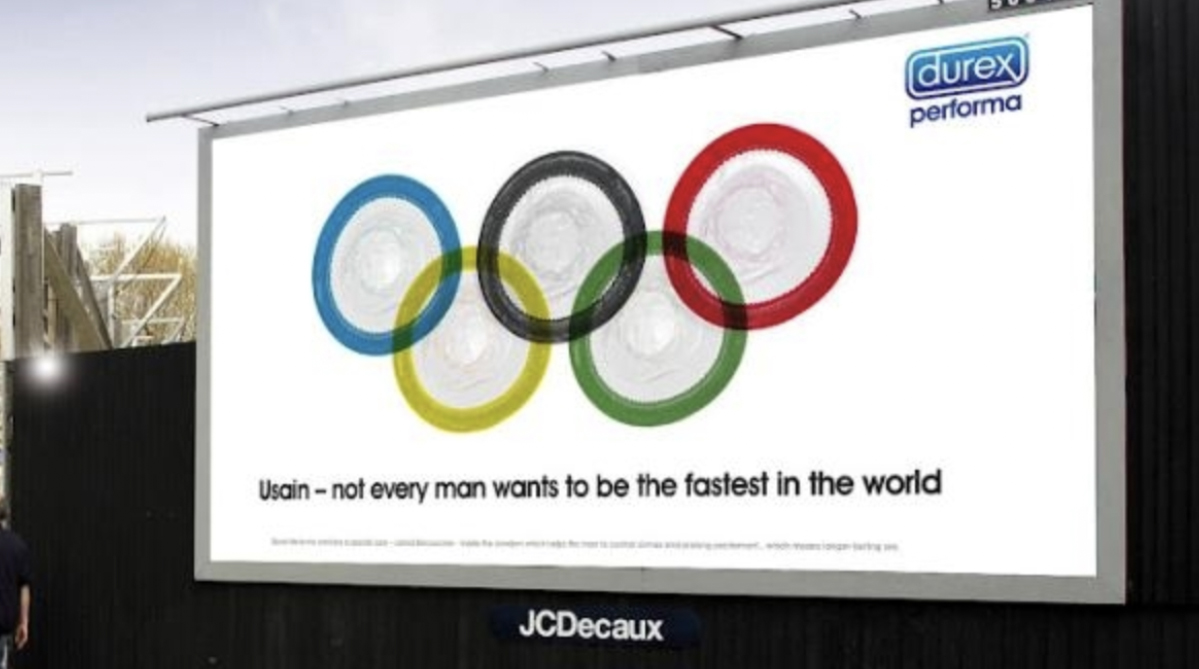You don’t need to spend a fortune to gain visibility. Sometimes, all it takes is an idea.
One of the most fascinating, yet borderline, advertising strategies is ambush marketing. Literally translated, it means “assault marketing” or “ambush marketing.” In practice, it’s when a brand inserts itself – without official rights – into an event, campaign, or media conversation, taking advantage of the visibility generated by others.
It’s like jumping on stage without an invitation… and stealing the spotlight.
Ambush marketing can be considered a form of commercial parasitism, and in the context of Italian law, it is often referred to precisely in these terms: parasitic marketing.
A famous example? Nike vs Adidas
During the 2012 London Olympics, Adidas was the official sponsor. Yet, who dominated online searches and public perception? Nike. How? With a global campaign telling stories of “ordinary” athletes in cities called London around the world (London, Ohio; London, Nigeria…). No direct mention of the Olympic Games — but the message was clear. The result? A masterstroke.
The two faces of ambush marketing
Like any “unconventional” marketing strategy, ambush marketing walks a fine line between brilliance and legal risk.
Benefits
- High visibility at a lower cost than official sponsorship
- Unlimited creativity: the wow effect is often stronger than official campaigns
- Agility: ideal for those who can move fast and ride trending topics
Risks
- Legal conflicts: if the boundary with official trademarks is crossed, consequences can be severe
- Reputational damage: if perceived as unfair or unethical
- Backfire effect: if the stunt is misunderstood or too forced

Ambush marketing and the law: when it becomes illegal
Creativity is great, but caution is necessary. Ambush marketing can lead to administrative or civil violations. Italian law is quite clear on this point.
Article 10 of Decree Law no. 16 of March 11, 2020 (converted into Law no. 31/2020) explicitly prohibits unauthorized parasitic activities during major national or international sports or trade events. The aim is to protect official sponsors from misleading advertising that creates the false impression of sponsorship.
Four behaviors are explicitly prohibited:
- Associating a brand with an event in a way that confuses the public about who the official sponsors are.
- Falsely claiming to be an official sponsor.
- Promoting one’s brand without authorization during the event, gaining undue visibility.
- Selling products using logos or symbols that falsely suggest a link to the event.
Violations can lead to administrative fines of up to 2.5 million euros, issued by the Italian Competition Authority. But that’s not all.
Ambush marketing may also be considered a civil offense under Article 2598 of the Italian Civil Code, if it qualifies as unfair competition. Specifically, when it misleads the public and disrupts contractual relationships between organizers and official sponsors.
According to case law, this is a multi-offense violation: it harms the event organizer, the official sponsor, and even the public.
To avoid trouble (or court), each case must be carefully assessed. The line between “creative stunt” and “infringement” can be thin… and expensive.
Ambush or opportunism or parassitism?
Ambush marketing is a product of our hyper-connected era, where those who communicate first — and best — win. But beware: grabbing attention isn’t enough. You need strategy, brand coherence, and common sense.
For a stunt like this to work, it must align with the brand’s tone of voice and values. Otherwise, it’s just noise.
Ambush marketing proves you can shine — even on a limited budget — during major events. The key is not to improvise, but to study the context, be original, and move ethically and legally.

